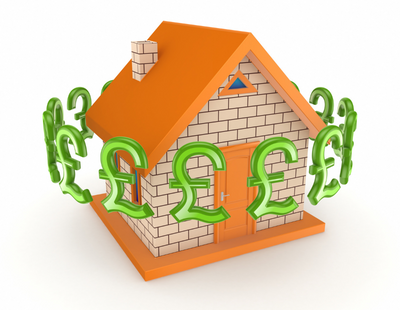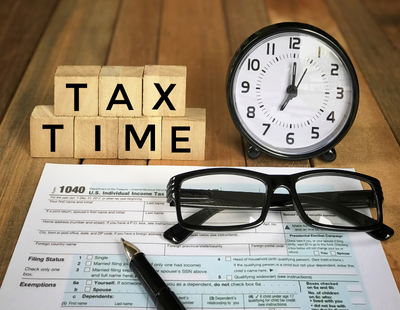
Property taxes in Scotland raised almost £640m over the past twelve months, according to analysis of the latest statistics by agency brand DJ Alexander Ltd.
The estate agent said the Scottish Government revenues from Land and Buildings Transaction Tax (LBTT) totalled £639.8m in the 12 months to July 2024.
This is £17.7m higher than the previous 12 months in 2022/23 when £622.1m was raised. The figure for July was £75.9m which is £18.7m higher than June and the largest monthly figure recorded since data began being collected in April 2015.
Of the £639.8m taxes raised £197.3m is from the additional dwelling supplement (ADS) which is charged on second homes and properties purchased by landlords and property investors to rent. This is 30.8% of the total raised and is £33.8m higher than the same period in 2022/23. The ADS figure for July alone was £23.9m which is the highest ever monthly figure.
Almost all the residential taxes raised arose from properties sold for more than £325,001. The 16,960 transactions above this threshold raised £367.6m which is 83.1% of the total £442.5m raised in LBTT (this is the figure for residential sales with the ADS figures removed). This means that the average tax levied per transaction was £21,674.
David Alexander, chief executive of DJ Alexander Scotland, said: “The Scottish homebuyer is now generously contributing almost two-thirds of a billion pounds in property taxes annually.
The 10% property tax begins at £325,001 in Scotland compared to £925,001 in England resulting in Scots being charged substantially more than our English counterparts.
“Combine this with higher personal taxes beginning at annual earnings of £28,000 and you see a picture of a population being squeezed for taxes at a much lower threshold than our neighbours south of the Border. The usual explanation is that those with the broadest shoulders should pay the greatest amount but clearly these taxes are targeting many Scots who would not regard themselves as rich.”
While Alexander said the Scottish market remains resilient, he queried what the long-term impact on the Scottish economy of such higher taxes on homes and employment will be, adding: “If it starts to deter individuals and companies from future investments in Scotland, then far from being progressive taxation it will be regressive. However, until that point though this remains a substantial revenue earner for the Scottish Government.”
















.png)


.png)




Join the conversation
Be the first to comment (please use the comment box below)
Please login to comment